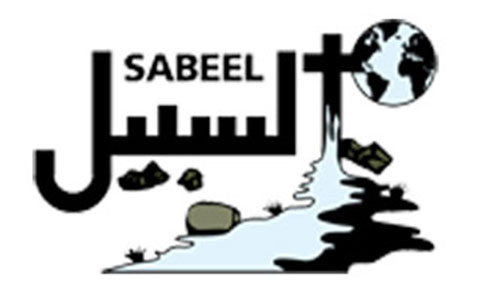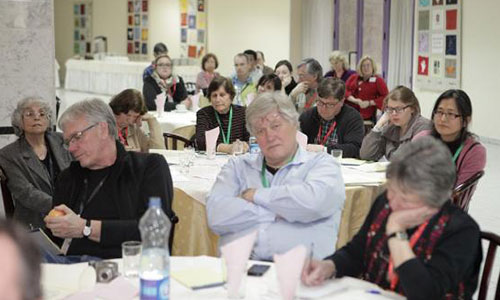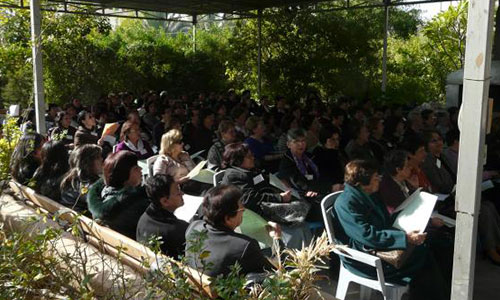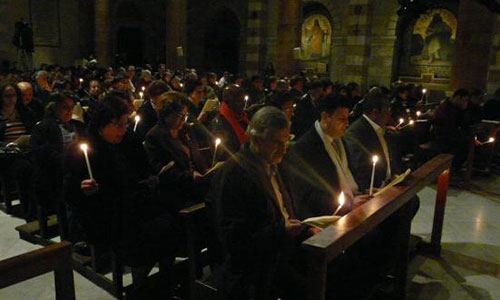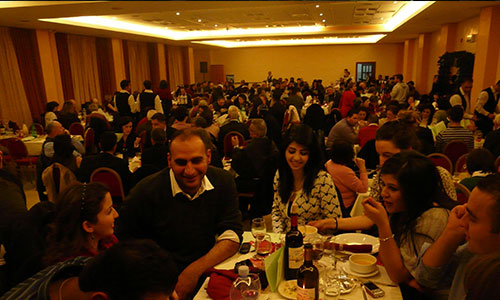
JESUS CHALLENGED EMPIRE WITH COMMUNITY RENEWAL,
SABEEL CONFERENCE IS TOLD
Bethlehem, Occupied West Bank — “Jesus was a Palestinian under imperial rule,” Dr. Richard Horsley told 240 participants in the Eighth Sabeel International Conference here. “Just as the modern state of Israel and other states in the Middle East were the creation of Western colonialism, so the ancient temple-state in Judea” was set up by foreign powers, Horsley said. The conference has gathered at the Bethlehem Hotel under the theme, “Challenging Empire: God, Faithfulness and Resistance.” Sabeel is the ecumenical liberation theology center based in Jerusalem.
Horsley described Jesus as a community organizer working to renew in village communities a commitment to the covenant laws of God. He said, “all of the Gospels … portray Jesus as having the same basic agenda, the renewal of the people of Israel in opposition to the Jerusalem and Roman rulers of the people.” Jesus’ program “tapped into the people’s deeply rooted cultural traditions,” he said. Horsley is Distinguished Professor of Liberal Arts and the Study of Religion, University of Massachusetts, Boston, USA.
The Rev. Christopher Ferguson, United Church of Canada, said the gospel message “has been grabbed and imperialized, the message of liberation made to destroy and oppress.”
Ferguson said, “Freedom is the message of the Jesus movement. Where we stand is resisting empire with the Palestinian people. It is not an optional extra but at the core of our faith and our relationship to God.”
The Rev. Mitri Raheb preached at the Wi’am Center in Bethlehem. He spoke to the familiar text from the Beatitudes, “Blessed are the meek for they shall inherit the earth,” saying it would more correctly be translated, “for they shall inherit the land.” Raheb is the pastor of Christmas Lutheran Church and president of the Diyar Consortium in Bethlehem.
“We really think empire will last. Jesus says it will not,” Raheb said. “How wise Jesus was. No one of Jesus’ time would have imagined that Herod was not here to stay. Jesus tells us through this verse that we are released from the power of empire. Jesus speaks and empire has lost its power over us. We see it in the Arab world in these recent weeks. Young people saw that empire could be shattered. God won’t do it alone, only with us.”
The Rev. Naim Ateek, director of Sabeel, told participants Wednesday, “Today if you stand for justice and truth, you will be attacked. Churches suffer from weakness of the prophetic. Israel wants you silent, then you are okay. Once you speak out, immediately you will be attacked. Then the question is, Can you stand? And I thank God for every person who does that.”
The Sabeel International Conference continues at the Bethlehem Hotel through Monday, 28 February.

